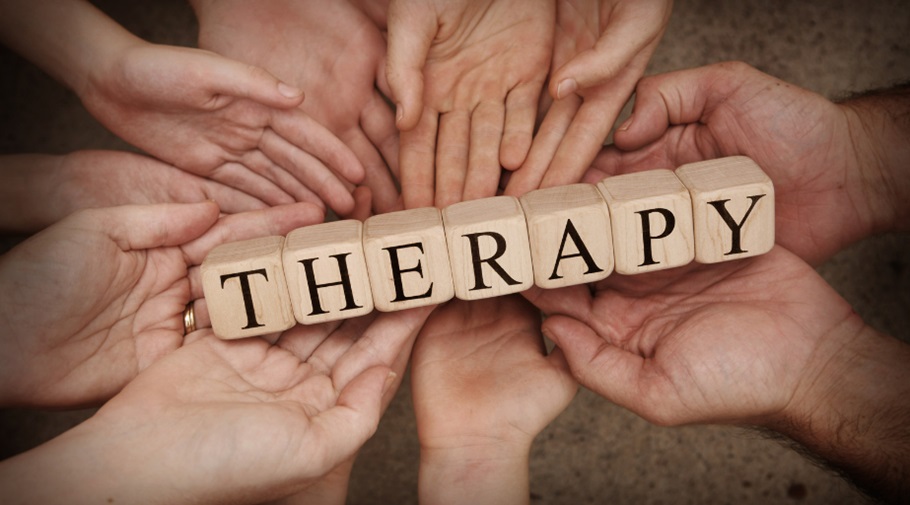
The use of ketamine as a therapeutic treatment for various mental health conditions is gaining more attention in recent years. One area in which ketamine is showing promising results is in the management of severe alcohol withdrawal symptoms.
Alcohol use disorder (AUD) affects millions of people worldwide and can lead to harmful physical, psychological, and social consequences. While there are several treatments available for AUD, managing severe alcohol withdrawal symptoms remains a challenge for both patients and healthcare professionals. In this article, we will explore the potential efficacy of ketamine therapy in treating severe alcohol withdrawal symptoms.
Understanding Alcohol Withdrawal Syndrome
Before delving into ketamine therapy for alcohol withdrawal, it is essential to understand what happens when a person stops drinking after prolonged and heavy alcohol use. When someone with AUD abruptly stops consuming alcohol, their body goes through a series of physiological and psychological changes known as alcohol withdrawal syndrome (AWS).
AWS can manifest in a range of symptoms, including tremors, anxiety, agitation, hallucinations, delirium tremens (DT), and seizures. In this case, Ketamine for alcohol withdrawal in Fort Lauderdale can act as a potentially effective treatment option. It works by interacting with the brain’s glutamate receptors and restoring balance to the neurotransmitters that are disrupted during alcohol withdrawal.
The Current Treatment Options for Severe Alcohol Withdrawal Symptoms
Currently, benzodiazepines are the standard treatment for managing severe alcohol withdrawal symptoms. These medications act on the same GABA receptors as alcohol and help alleviate symptoms such as anxiety and seizures. However, benzodiazepines have potential side effects and can be addictive, making them less than ideal for long-term treatment.
Other medications, such as anticonvulsants and beta-blockers, are also used to manage certain symptoms of AWS. However, there is still a significant need for alternative treatments that can effectively address the complex nature of alcohol withdrawal.
The Potential of Ketamine Therapy for Severe Alcohol Withdrawal Symptoms
Ketamine has emerged as a potential alternative treatment for severe alcohol withdrawal symptoms due to its unique mechanism of action. As a dissociative anesthetic, ketamine works by blocking the NMDA receptors in the brain, which can help reduce excitability and agitation. It also has anti-inflammatory properties that can combat neuroinflammation, which has been linked to alcohol withdrawal symptoms.
Studies have shown that ketamine therapy can alleviate acute alcohol withdrawal symptoms and prevent the progression of AWS into more severe conditions. Additionally, ketamine may also help with long-term abstinence from alcohol by reducing cravings and improving mood and motivation.
The Role of Ketamine Therapy in a Comprehensive Treatment Plan for AUD
It is important to note that ketamine therapy should not be seen as a standalone treatment for AUD. Instead, it can be an effective component of a comprehensive treatment plan that includes therapy, support groups, and other medications if necessary.
Ketamine therapy can help manage the acute symptoms of AWS and provide much-needed relief during the early stages of recovery. It can also help address underlying psychological issues that may contribute to alcohol use disorder, making it a valuable tool in the journey toward long-term sobriety.
Conclusion
Exploring the efficacy of ketamine therapy for severe alcohol withdrawal symptoms is an important step toward finding alternative treatments for AUD. It is essential to continue researching and understanding the use of ketamine for opioid withdrawal and other mental health conditions to fully harness its potential. With more research and clinical trials, ketamine therapy may become a valuable addition to the arsenal of treatments for alcohol use disorder. So, if you or someone you know is struggling with severe alcohol withdrawal symptoms, consider discussing the possibility of ketamine therapy with a healthcare professional.





